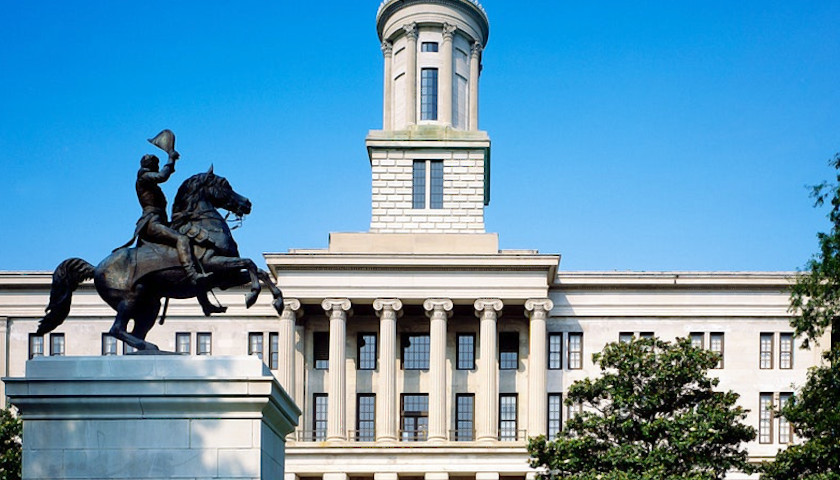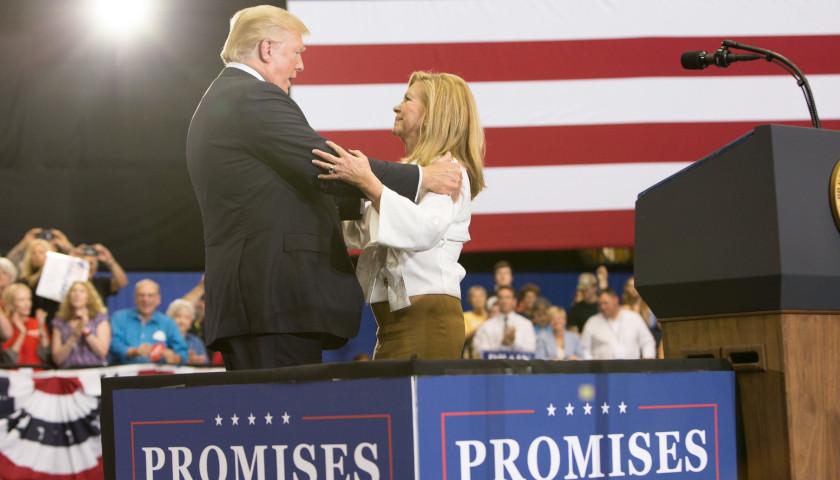by Vivian Jones
Gov. Bill Lee believes the Tennessee Legislature should not limit the existing executive emergency powers of the governor, Lee’s staff told a committee reviewing executive emergency powers.
The ad hoc study committee, co-chaired by Sen. Ferrell Haile, R-Gallatin, and Rep. Jason Zachary, R-Knoxville, met for a second time Thursday to hear testimony from Tennessee Attorney General Herbert Slatery, members of the governor’s executive staff and others.
Testifying last before the committee, Lee’s Legislative Director Brent Easley and Deputy Council Clark Milner said the governor believes no changes should be made to Tennessee law on executive emergency powers.
“Governor Lee’s firmly held view, however, is that the current statutory framework for authority to deal with emergencies should not be substantially or meaningfully disturbed because it provides for the immediate and decisive action, flexibility, and adaptability essential to combatting emergencies,” Milner said.
Milner explained limiting a governor’s ability to respond in emergency circumstances would make it more difficult for the state to provide relief to Tennesseans in future emergencies. He noted Slatery has found Lee’s executive actions throughout the COVID-19 pandemic to be in accordance with state law, and Lee has taken care to ensure emergency authority has been exercised according to statute.
Easley argued that as chief executive, the governor is uniquely positioned to respond in emergency situations.
“The General Assembly, I believe, wisely recognized the governor as the state’s executive, and a politically accountable actor that can act immediately and provide temporary relief to address time sensitive and changing emergency circumstances,” Easley said. “The governor is well suited to marshal the state’s resources, agencies and employees and direct the state’s emergency response.”
Lawmakers also heard testimony from University of Tennessee Law Professor Glenn Reynolds, Nashville attorney Larry Crain, Tennessee Emergency Management Agency Director Patrick Sheehan and Tennessee Health Commissioner Lisa Piercey.
According to Crain, Tennessee has one of the most permissive executive emergency powers statutes in the country, with no provision for the Legislature to end emergency powers, as many other states have. Without such a check, the governor is free to extend emergency powers independently of legislative oversight. Crain recommended the committee determine a system of accountability to prevent potential abuse by future administrations.
“There should be some check of balance in the statute,” Crain said. “Some mechanism that would allow the Legislature to determine whether, indeed, the authority should continue.”
Crain recommended lawmakers examine Alaska’s system of checks on emergency executive powers, as it includes rigorous accountability measures.
In a news conference Thursday afternoon, Lee said his administration is working with the committee.
“The ad hoc committee is doing what they should do, which is review this unprecedented process to make sure that we’re all working together in the way that we should,” Lee said. “It’s an appropriate process, and we’ve worked together with them to make sure that we can answer all the questions they have.”
– – –
Vivian Jones reports on Tennessee and South Carolina for The Center Square. Her writing has appeared in the Detroit News, The Hill, and publications of The Heartland Institute.









Is our governor drunk on power? Sure looks like it to me.
One and done for Lee.
The Tennessee Constitution Declaration of Rights limits ANY emegency orders by the Governor or any laws passed by the Legislature that contradict them. Certainly any emergency orders may NOT violate any rights of the citizens of this State since even a declaration of martial law is so restricted:
That no citizen of this state, except such as are employed in the army of the United States, or militia in actual service, shall be subjected to punishment under the martial or military law. That martial law, in the sense of the unrestricted power of military officers, or others, to dispose of the persons, liberties or property of the citizen, is inconsistent with the principles of free government, and is not conceded to any department of the government of this state. –Article I, Section 25, Tennesssee Declaration of Rights
ALL State Officials and agents are OUR EMPLOYEES operating UNDER the State Constitution!